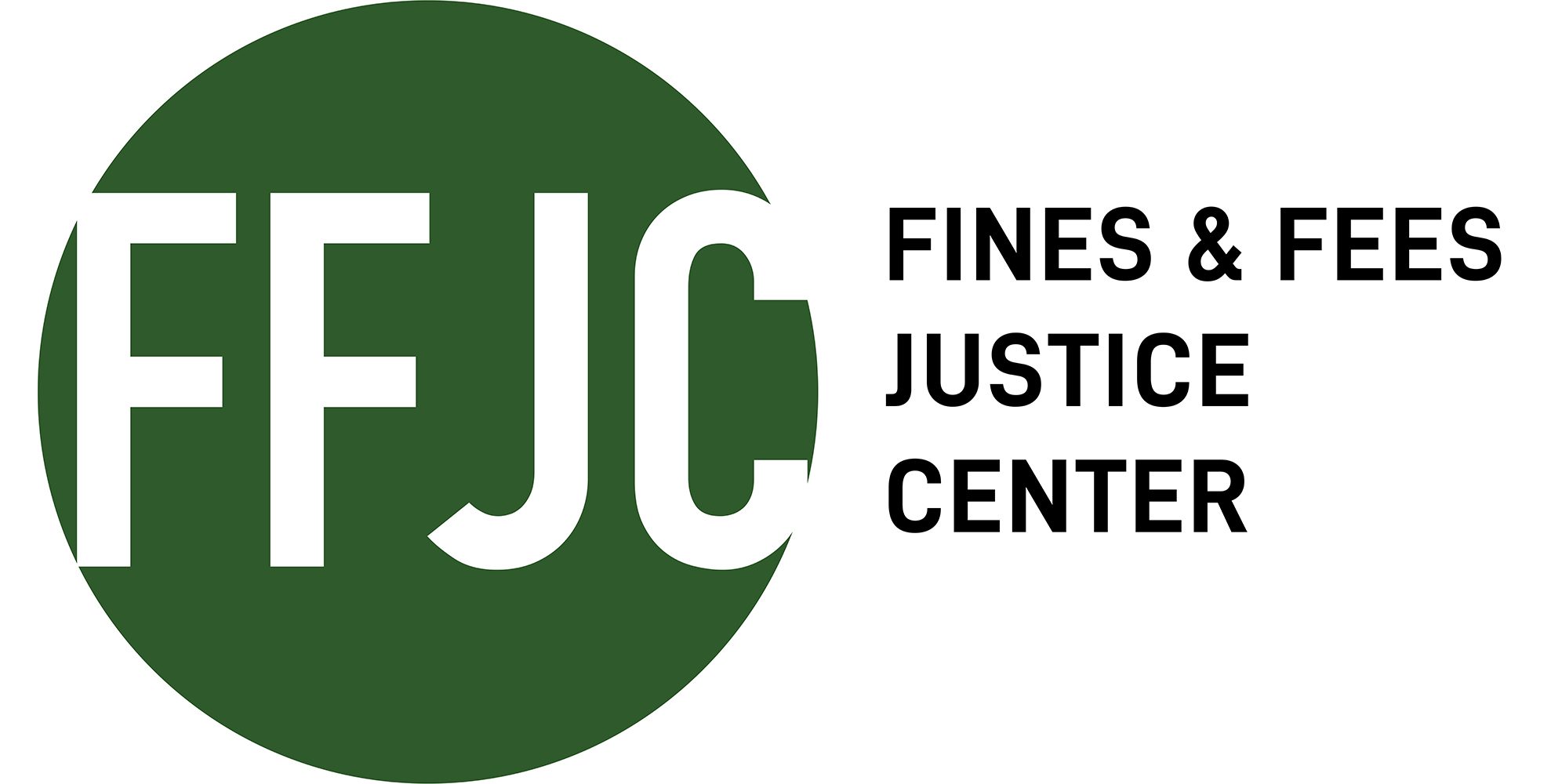This Act modifies provisions related to driver’s license suspensions. Specifically, it (1) terminates suspensions imposed because of a person’s failure to appear on a criminal traffic offense charged before July 1, 1990; (2) creates a driver’s license restoration program; (3) terminates suspensions of driver’s licenses that were imposed because of laws that use suspension of licenses’ as a penalty for non-driving conduct; (4) changes the remedies available for failure to pay traffic violation judgments; (5) develops a hearing in which the officer must consider evidence of an ability to pay the traffic violation judgment; and (6) encourages state agencies to promote the new payment option plans and hearings regarding ability to pay.
You can read the full text of ACT 147 here.
Key Provisions
- The DMV must terminate, without an application or a fee payment, suspensions imposed due to failure to appear on a criminal traffic offense charged before July 1, 1990.
- The DMV must terminate any suspension of an individual’s license that was imposed due to the following offenses: (1) an underage alcohol violation in which the individual failed to pay a civil penalty; (2) an underage tobacco violation; (3) a false public alarm by minors; (4) an underage marijuana violation in which the individual failed to pay a civil penalty; and (6) nonpayment of a purchase and use tax.
- If an individual does not pay a traffic violation judgment for which points can be assessed against the individual’s driving record within 50 days, then the DMV may suspend the individual’s license for a 30-day period or until the amount due is satisfied. Additionally, the Judicial Bureau must offer a payment plan that allows an individual to avoid the license suspension by paying no more than $30 per traffic violation judgment per month, and no more than $100 per month if the individual has 4 or more outstanding judgments.
- Vermont’s Judicial Bureau and DMV were required to carry out a Driver Restoration Program from 09/16 through 11/16 (a one-time event). Eligible individuals had fines and fees reduced to $30; others could pay no more than $100 per month on a payment plan. After either of these steps occurred, the DMV would terminate the license suspension.
- The act mandates several promotional and training measures to spread the word about the payment plans and inability to pay options, including a training program for police officers that encourages officers to notify motorists about payment plan options and an update to the wording of traffic tickets to notify motorists of the same.
- The DMV must submit annual reports including the number of suspensions imposed (for nonpayment, for points, and for DUI offenses) and the number of Vermont residents who had their licenses suspended.
